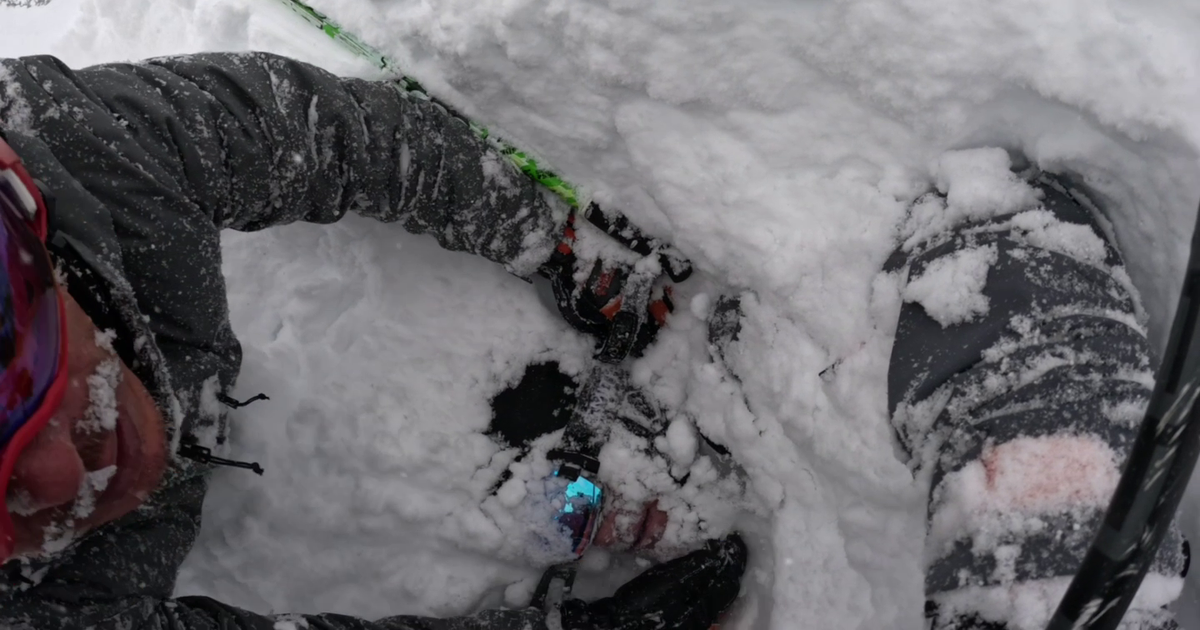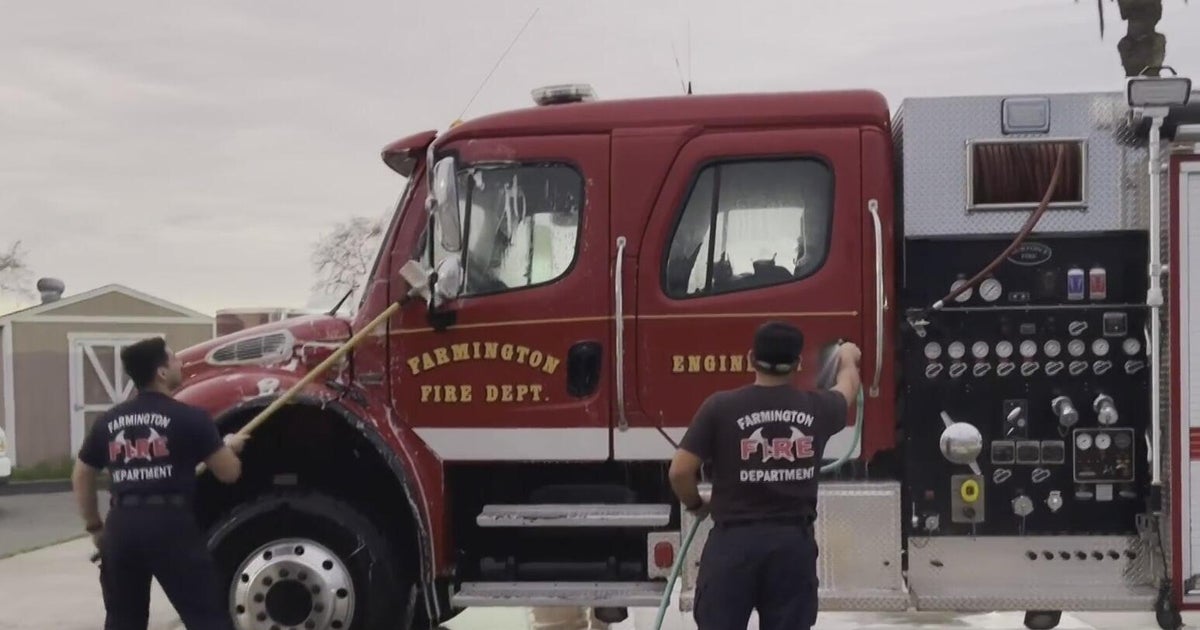New York City's poor air quality is "probably way worse than smoking a cigarette," health expert says
NEW YORK -- Breathing the air in New York City as the region continues to be affected by smoke from wildfires in Canada may be worse than smoking a cigarette, health experts tell CBS2.
Dr. Nidhi Kumar, a cardiovascular specialist and a CBS2 contributor, discussed the impact Wednesday's poor air quality can have on your health.
"These particles are really, really small, less than 2.5 micrometers. So what that means is that whenever we take a breath in, those particles are going straight into our lungs, deep into our lungs, and our bloodstream, and what that translates to is irritation and inflammation," Kumar explained.
"Some people have compared it to smoking a cigarette. Is that fair after breathing this for maybe a day or so?" CBS2's Maurice DuBois asked.
"I mean, it's probably way worse than smoking a cigarette ... What we are dealing with right now are high levels of pollutants, toxins, carbon monoxide, and there's such a high concentration of it in the atmosphere right now, and that's causing not only cardiac issues for patients, [but also] pulmonary issues and just general inflammation in the body," Kumar said.
Dr. Purvi Parikh, an allergist and immunologist with the Allergy Asthma Network, agrees, saying it can be "a very dangerous situation."
"Cigarette smoke and this smoke cause basically the same type of damage to your lungs," she said. "It causes an increase in inflammation, which, over time, if there's persistent inflammation, can become scarring."
More coverage:
- Canada wildfires make NYC's air quality worst since 1960s, officials say; Games postponed, parks and libraries impacted
- What New Yorkers need to know amid air quality warnings from Canada wildfires
- Photos: New York City skyline nearly disappears amid Canadian wildfire Air Quality Alert
- Maps, satellite images show Canadian wildfire smoke enveloping U.S. East Coast as air quality deteriorates
Those at highest risk from the smoke include: children, the elderly, pregnant people, and people with heart disease, lung cancer or a weakened immune system.
Health officials have stressed, however, that everybody, not just those at high risk, should stay inside while the air quality health advisory is in effect.
"At the very highest levels of pollution, people without underlying disease are also potentially exposed to symptoms, so everybody's got to monitor themselves and be aware of worsening symptoms. Those symptoms can include things like cough, wheezing, shortness of breath, chest tightness," said Dr. Michael Niederman, a professor and pulmonologist at New York-Presbyterian Weill Cornell Medical Center.
Parikh says even over a short period of time, you can develop a sore throat, and if you suffer allergies, the smoke can make it that much worse -- and allergy medicine won't help.
Kumar added that symptoms may linger days after this exposure, so the key is to limit exposure as much as possible.
Doctors say do not ignore symptoms if you're not feeling well.
"Hospitals could see a big influx of patients, people dealing with asthma attacks and some of the other complications from this air pollution," said Dr. Celine Gounder, editor-at-large for public health at KFF Health News.
To protect yourself, health officials say to stay indoors, close your windows and use an air purifier if you have one. If you have to go outdoors, wear a mask.
"An N95 mask, if fitted and worn correctly, will really reduce the risk," Gounder said.
If you're driving, recirculate the air in your car.
The air quality index peaked Wednesday at 484. The highest possible AQI is 500.
CBS2's First Alert Weather team reports we are expected to see a slow improvement in air quality overnight, but it continues to remain at dangerous levels.
An air quality alert remains in effect through 11:59 p.m. Thursday, but it could be extended into Friday. A significant improvement in air quality is expected by the weekend.








